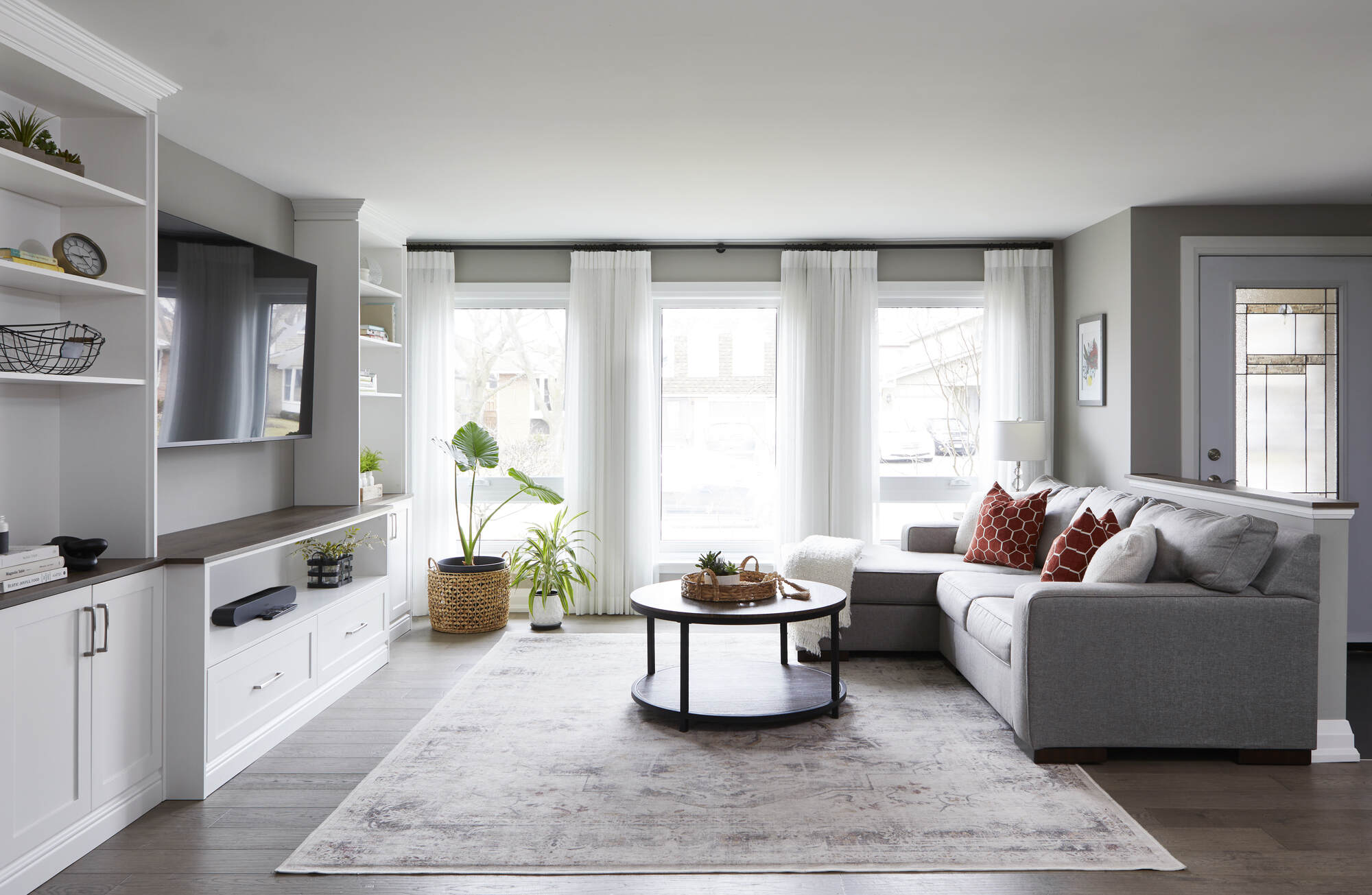Improve Your Home’s Energy Efficiency

If you’re considering a complete home renovation or an addition, an important area that you should consider is improving the energy efficiency of your home. The most common uses of energy in a home are heating, lights and appliances, hot water, and cooling.
One of the largest factors in improving energy efficiency is the amount of heat leakage your home emits. Heat leakage is common in even the most airtight of homes, such as an R-2000 home. R-2000 homes are some of the most energy-efficient homes on the market. Every R-2000 home must meet a high-energy efficiency performance target that is specific to the home and climate where you live.
Testing Areas for Leakage
There are ways you can accurately measure the amount of heat that is escaping from your home, such as conducting a Blower Door test. The most common areas where heat tends to escape from are:
- Windows and doors
- Sill plates
- Floors and exterior walls
- Plumbing and electrical penetrations
- Chimneys and attic hatches
By expertly checking these areas, you can find sources of possible heat loss in your home.
Green General Contractor Solutions
Determining the amount of heat loss within your home will allow your Green General Contractor to provide you with the proper solutions for moving towards a more energy efficient home. Some of the solutions we have suggested include:
- Purchasing new windows and doors
- Increasing the amount of insulation within the home
- Adding caulking to open areas of the home to properly seal and prevent air from escaping
Ideally, these solutions stop the uncontrolled movement of air that result in heat loss throughout the home.
After the corrective measures have been put in place and the renovation has been completed, it would be beneficial to complete the entire process with a second Blower Door test. Comparing the results from the first test to the second will ensure there is a level of improvement.
Making your home energy efficient may include expenses that were not originally considered during the initial thought process of the renovation. However, taking these measures will not only allow you to save on monthly or annual bills, but will guarantee a much more comfortable home, improve indoor air quality and ventilation, mitigate future repairs and maintenance and increase home equity, all while helping the environment.
In addition, you may want to check with your energy provider for rebate opportunities; this is a great way to get a head start on making your home more energy efficient!
Improving energy efficiency in your home is a significant aspect of any renovation, it is important to ensure that the general contractor chosen for the project is able to advise on solutions that are best for you and your home.
Related Articles
.jpg)
Home Design Trends You'll Love This Year
Over the last several decades, you have probably seen a lot of home design trends come and go....
%20(1).jpg)
8 Expert Tips on Hiring the Right Contractor for Your Home Renovation
A General Contractor (GC) takes full responsibility for ensuring a renovation or custom home build...

The Ultimate Smart Home Features Guide for Your Markham Renovation
It’s time to get real about getting smart. Smart technology is an inevitable progression of...